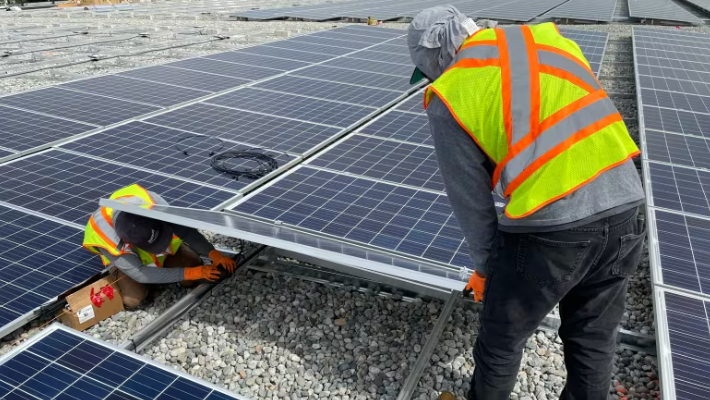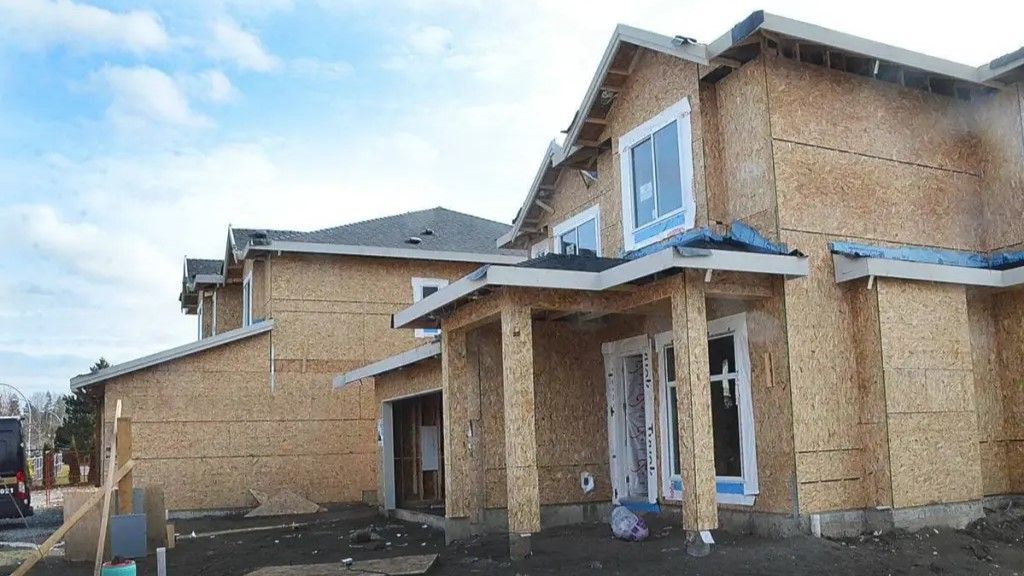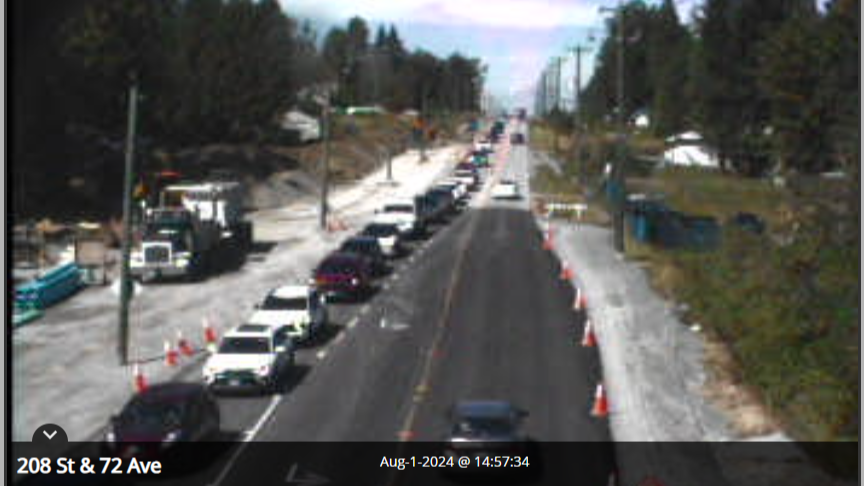⚡💡 B.C. Hydro to offer rebates for solar panels, battery storage 🔋🏙️

The program, a first for B.C., is due to roll out in late July
People in British Columbia who install rooftop solar panels will soon be able to apply for up to $10,000 in rebates from B.C. Hydro, the utility says.
The rebate program, announced Thursday, is set to roll out in July and will be available to homeowners who install qualifying power systems, offering up to $5,000 toward solar photovoltaic panels and up to $5,000 toward a battery-storage system.
The installed equipment would have to be approved by B.C. Hydro in order to qualify for the rebates.
The utility says it also plans to expand the program to apartment buildings, small businesses, social housing and Indigenous communities, for rebates of up to $150,000.
Customers who sign onto the program can also register to have excess energy sent into the wider grid, for credit on future consumption.
It's the first time provincewide incentives to install solar panels have been offered in B.C. Similar programs have been in place in other jurisdictions, including Edmonton and Toronto.
"We need more clean energy to power our homes, businesses and industries, to power a growing economy and to power our future," Energy Minister Josie Osborne said in a written statement.
The plan comes as B.C. attempts to transition to using more electricity from alternative sources. In April, B.C. Hydro, which provides power to most residential and industrial customers in the province, put out a "competitive call for power" in an effort to generate more electricity in coming years.
Growing energy demand
The utility company says it needs to bring in about an extra 3,000 gigawatt hours per year, the equivalent of enough power to service 270,000 homes, as soon as fall 2028.
B.C. Hydro says it's seeing historic system use, which is expected to grow by 15 per cent by 2030. The past 15 years of use have been fairly steady, according to the utility's data.
It says the growing demand for power is coming from population growth, industrial development, electric vehicles, heat pumps and an increase in people working from home.
"New sources of electricity will be required sooner than previously expected," the province said in a media release last summer.
The Site C dam in northern B.C., which B.C. Hydro says is expected to come online later this year, is projected to bring about eight per cent more power to the province's current supply when fully complete.
In the meantime, low water levels have forced the province to import more energy from other jurisdictions when, historically, it has been an exporter of power.
The extra power from Site C could also be entirely sucked up by industrial projects: in January, Premier David Eby admitted that a proposed hydrogen facility in Prince George would need about 1,000 megawatts of power to operate — roughly the equivalent to the production capacity of Site C.
In response to this need, Eby announced $36 billion plan to increase energy production in order to meeting growing industrial demand.
The province has also announced $700 million in energy-efficiency programs over the next three years — a 60 per cent increase over previous programs — in an attempt to keep up with residential demand increases fuelled in part by the adoption of electric vehicles and the growing use of heat pumps, which are also being promoted by the province as an environmentally friendly alternative to gas heating.







